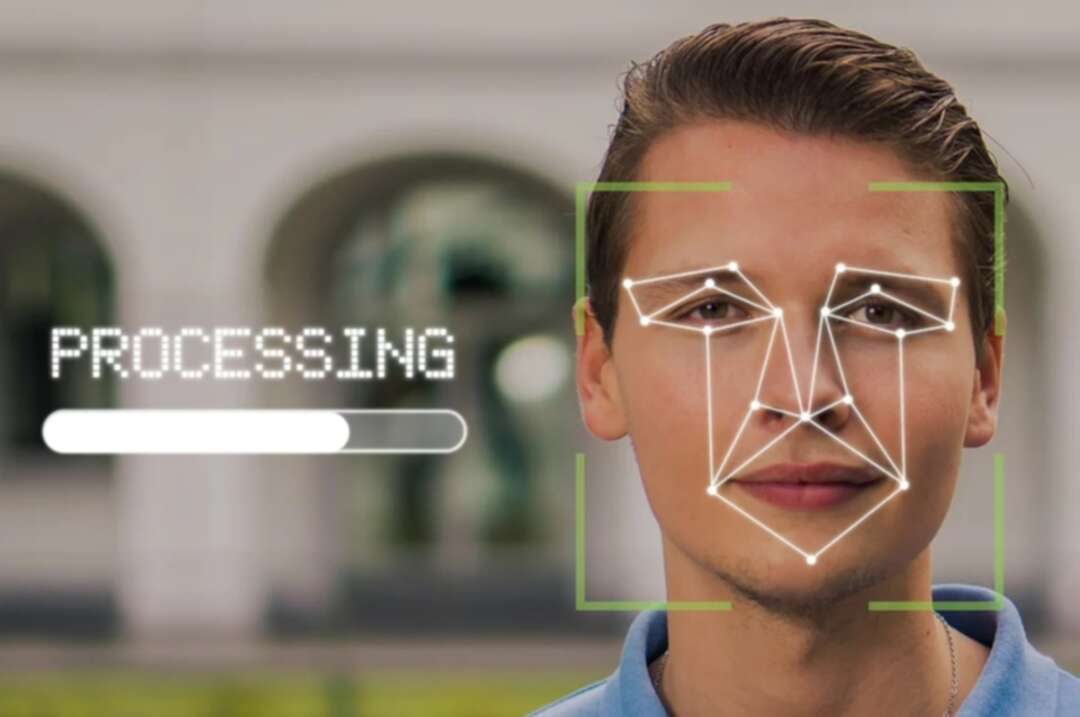-
Facebook announces it will end use of facial recognition software

The BBC reported, Facebook has announced it will no longer use facial recognition software to identify faces in photographs and videos.
It said that there have been growing concerns about the ethics of facial recognition technology, with questions raised over privacy, racial bias, and accuracy.
The company said, regulators had not yet provided a clear set of rules over how it should be used.
It has faced a barrage of criticism over its impact on its users.
Until now, users of the social media app could choose to opt in to the feature which would scan their face in pictures and notify them if someone else on the platform had posted a picture of them.

In a blog post, Jerome Pesenti, vice president of artificial intelligence at the firm said: "Amid this ongoing uncertainty, we believe that limiting the use of facial recognition to a narrow set of use cases is appropriate."
Read more: Taliban bans foreign currencies in Afghanistan
In 2019, a US government study suggested facial recognition algorithms were far less accurate at identifying African-American and Asian faces compared to Caucasian faces.
African-American women were even more likely to be misidentified, according to the study conducted by the National Institute of Standards and Technology.
Last year, Facebook also settled a long-running legal dispute about the way it scans and tags photos.
The case has been ongoing since 2015, and it was agreed the firm would pay $550m (£421m) to a group of users in Illinois who argued its facial recognition tool was in violation of the state's privacy laws.
Other tech firms such as Amazon and Microsoft have both suspended facial recognition product sales to police as the uses for the technology have become more controversial.
Read more: UK’s longest lasting snow patch disappears for ‘eighth time in 300 years’
It is facing increased scrutiny from regulators including the US the Federal Trade Commission, which has filed an antitrust lawsuit alleging anticompetitive practices.
And last month, a former employee accused the company of unethical behaviour. Frances Haugen released a cache of internal documents which she said showed Facebook had put profit before user safety.
Chief Executive Mark Zuckerburg said Ms Haugen's claims were part of a co-ordinated effort to "paint a false picture" of the company.
The firm recently announced a new name, Meta, for the broader parent company following a series of negative stories about Facebook.
Mr Zuckerberg said the existing brand could not "possibly represent everything that we're doing today, let alone in the future" and needed to change.
Source: BBC
You May Also Like
Popular Posts
Caricature
BENEFIT Sponsors BuildHer...
- April 23, 2025
BENEFIT, the Kingdom’s innovator and leading company in Fintech and electronic financial transactions service, has sponsored the BuildHer CityHack 2025 Hackathon, a two-day event spearheaded by the College of Engineering and Technology at the Royal University for Women (RUW).
Aimed at secondary school students, the event brought together a distinguished group of academic professionals and technology experts to mentor and inspire young participants.
More than 100 high school students from across the Kingdom of Bahrain took part in the hackathon, which featured an intensive programme of training workshops and hands-on sessions. These activities were tailored to enhance participants’ critical thinking, collaborative problem-solving, and team-building capabilities, while also encouraging the development of practical and sustainable solutions to contemporary challenges using modern technological tools.
BENEFIT’s Chief Executive Mr. Abdulwahed AlJanahi, commented: “Our support for this educational hackathon reflects our long-term strategic vision to nurture the talents of emerging national youth and empower the next generation of accomplished female leaders in technology. By fostering creativity and innovation, we aim to contribute meaningfully to Bahrain’s comprehensive development goals and align with the aspirations outlined in the Kingdom’s Vision 2030—an ambition in which BENEFIT plays a central role.”
Professor Riyadh Yousif Hamzah, President of the Royal University for Women, commented: “This initiative reflects our commitment to advancing women in STEM fields. We're cultivating a generation of creative, solution-driven female leaders who will drive national development. Our partnership with BENEFIT exemplifies the powerful synergy between academia and private sector in supporting educational innovation.”
Hanan Abdulla Hasan, Senior Manager, PR & Communication at BENEFIT, said: “We are honoured to collaborate with RUW in supporting this remarkable technology-focused event. It highlights our commitment to social responsibility, and our ongoing efforts to enhance the digital and innovation capabilities of young Bahraini women and foster their ability to harness technological tools in the service of a smarter, more sustainable future.”
For his part, Dr. Humam ElAgha, Acting Dean of the College of Engineering and Technology at the University, said: “BuildHer CityHack 2025 embodies our hands-on approach to education. By tackling real-world problems through creative thinking and sustainable solutions, we're preparing women to thrive in the knowledge economy – a cornerstone of the University's vision.”
opinion
Report
ads
Newsletter
Subscribe to our mailing list to get the new updates!





















